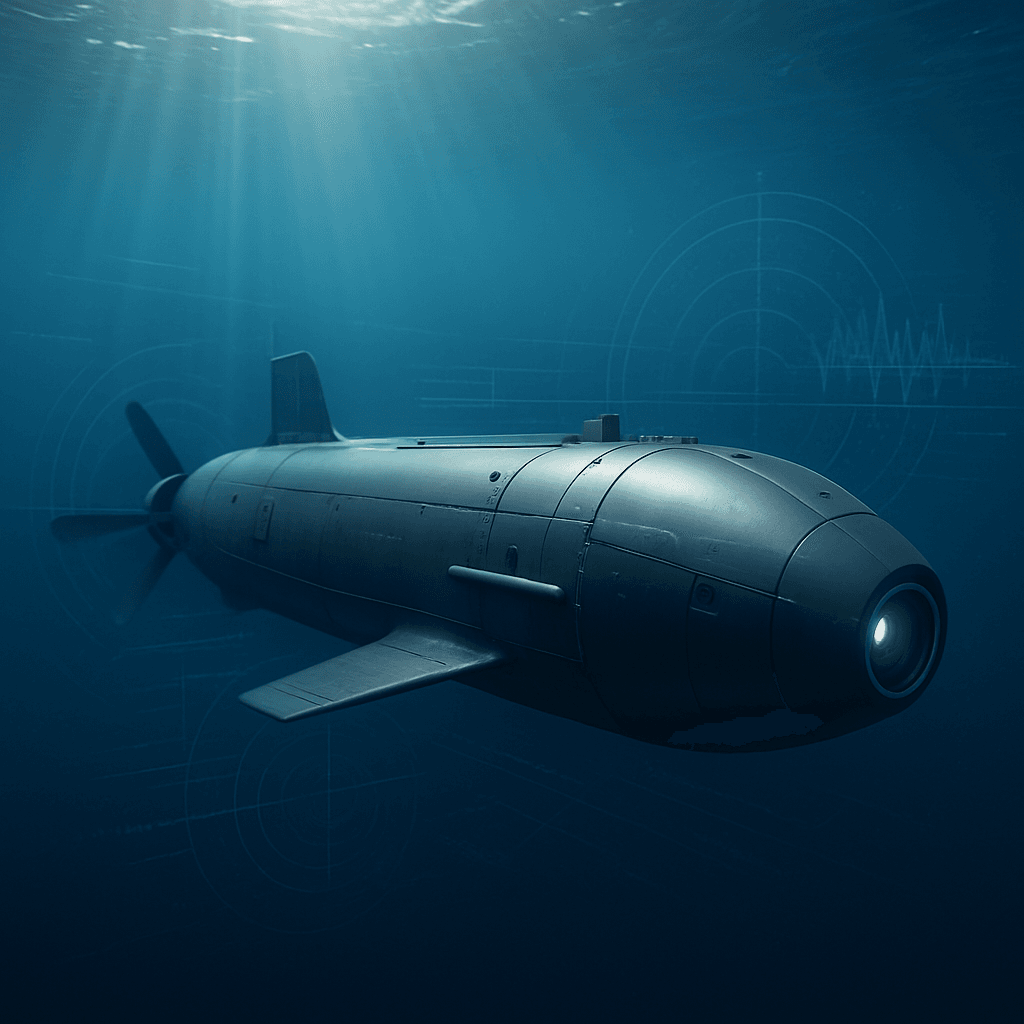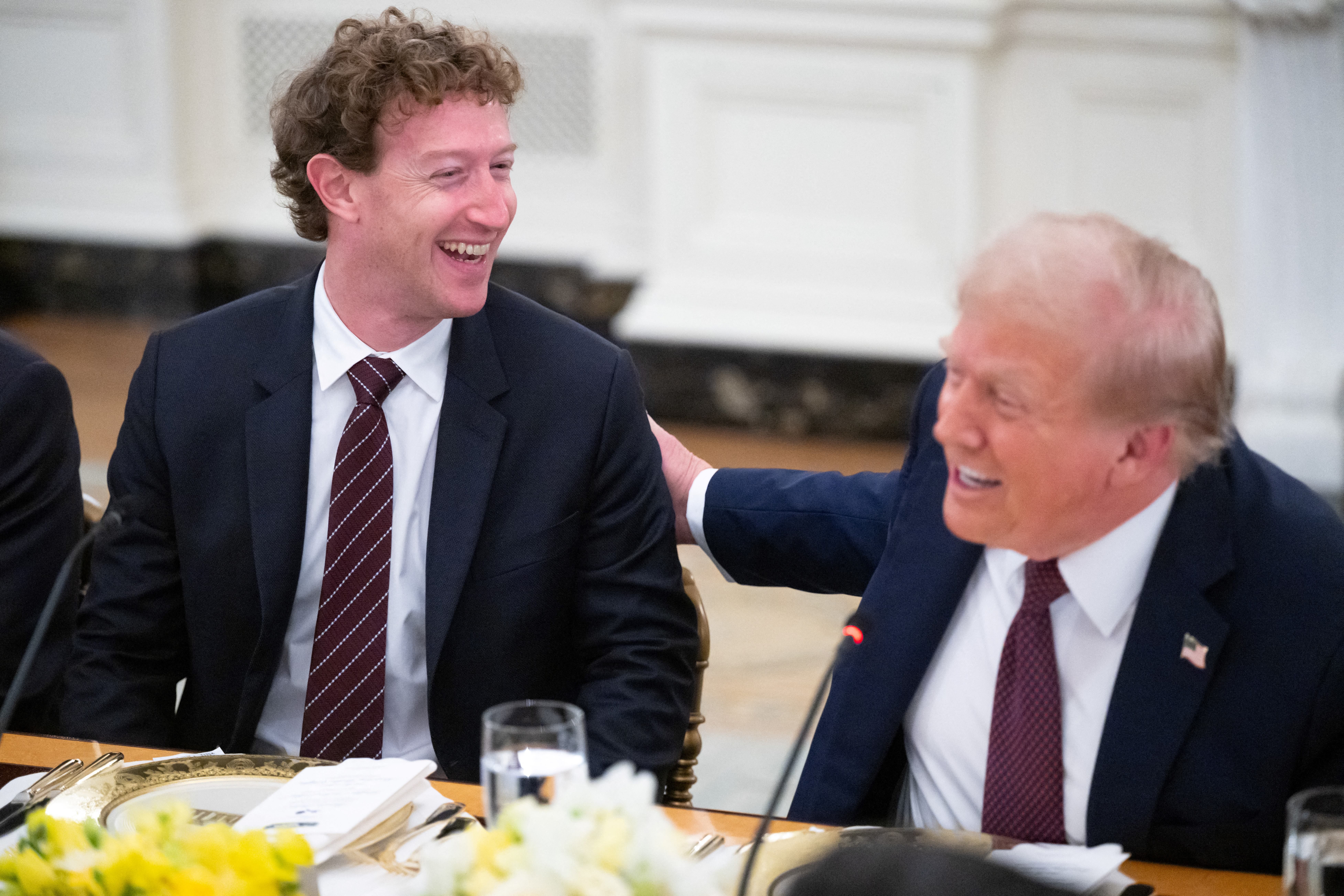While the U.S. Navy struggles with decade-long delays on undersea drones, Anduril just landed Australia's $1.1 billion Ghost Shark contract - going from concept to deployment in just three years. The massive five-year deal puts Anduril's extra-large undersea vehicles in Australian waters by 2026, highlighting how a defense startup can outmaneuver traditional contractors when governments move with urgency.
Anduril just pulled off what defense giants couldn't - delivering an operational undersea warfare system while the Pentagon's equivalent program remains stuck in development hell. The California-based defense startup announced Tuesday it's secured Australia's massive AUS$1.7 billion contract to deploy its Ghost Shark extra-large undersea drones starting next year.
The deal represents more than just another defense contract. It's a program of record that locks in recurring revenue by becoming a permanent line item in Australia's defense budget, covering everything from delivery to maintenance and continued development over five years. For a startup valued at $14 billion, this kind of guaranteed revenue stream validates the entire defense-tech investment thesis.
"At the end of the day, this comes down to having seriousness, having imagination, and having will to conceive a new idea and bring it to fruition," Anduril President Chris Brose told TechCrunch. "Australia has fewer people, a lot less money, and many of the same bureaucratic challenges that our Pentagon has, and they have been able to accomplish this."
The contrast with America's approach is brutal. Boeing's Orca program - the U.S. Navy's only extra-large undersea vehicle development effort - has burned through significantly more money over nearly a decade and remains years from deployment. Meanwhile, Anduril and Australia co-funded Ghost Shark development in 2022 with $50 million each, delivered the first prototype in April 2024 (twelve months ahead of schedule), and already began production.
This isn't just about execution speed. Anduril fundamentally changed how defense procurement works by putting its own capital at risk. Instead of the traditional cost-plus model where contractors pass risk to taxpayers, Anduril invested its own money upfront to derisk Australia's rapid timeline. The result? A working system that provides long-range surveillance and strike capabilities in contested waters.












